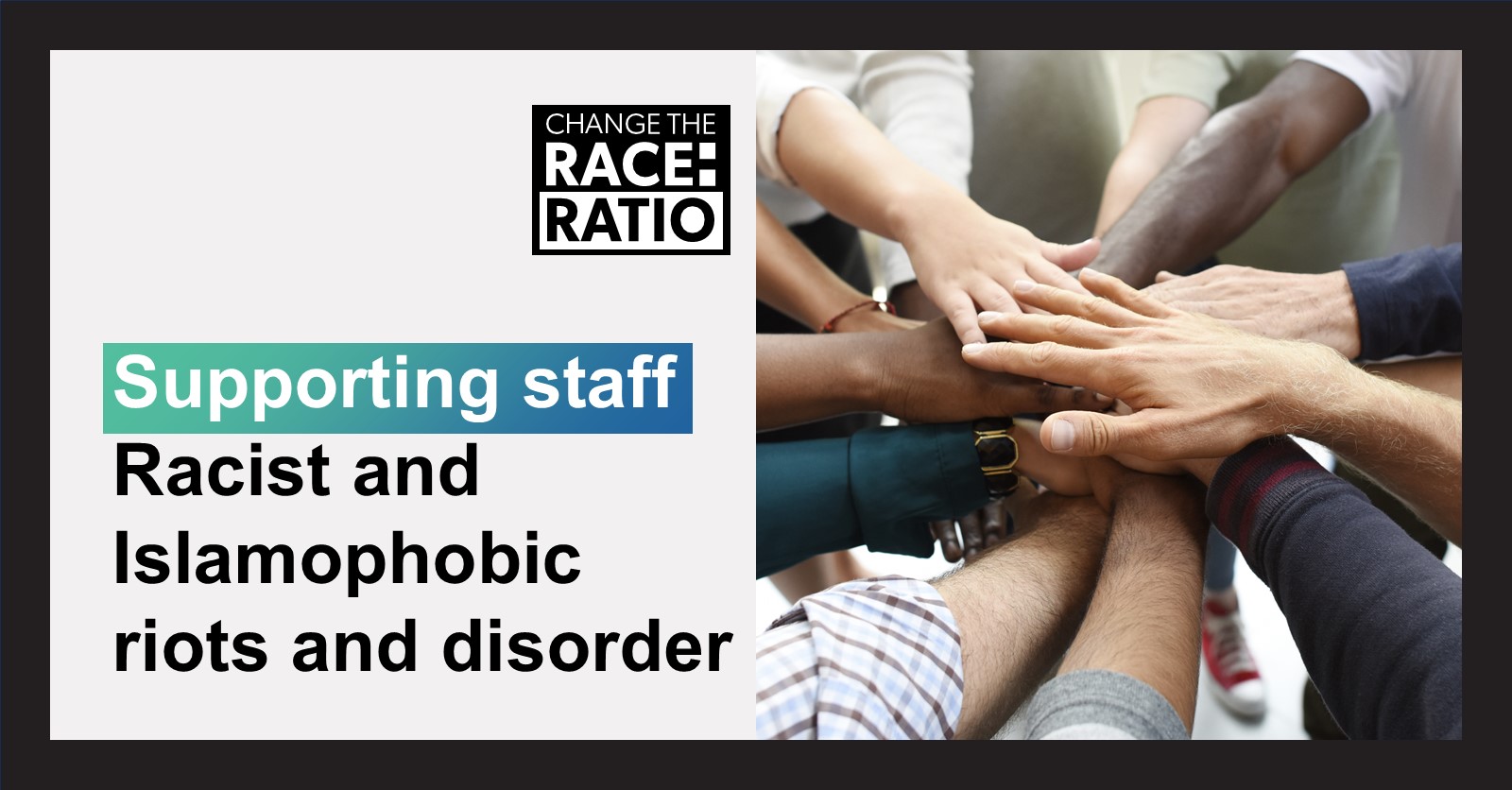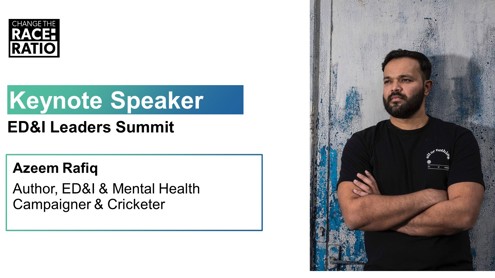It’s been an incredibly challenging few weeks as a result of the horrific racist and Islamophobic riots and disorder that has taken place across the UK.
Our ED&I Leaders Knowledge Share Forum got together to share their experiences and the actions they’ve taken over the past week to support their colleagues from all communities.
Here are some of the key learnings and insights from the session to help organisations support their colleagues.
Call it what it is, be mindful of the language you use
Some employees had raised concerns initially when senior leaders labelled the riots as ‘protests’, which was quickly responded to and recognised by the organisation. Employees wanted to address what was happening, being open and honest with the language addressing this as racism, riots and islamophobia.
Open lines of communication
Members of senior leadership (typically head of business or CEO) released an internal statement to address the concerns, ensuring the messaging was received consistently and by all within the organisation. Within the internal communication, organisations ensured they signposted people to wellbeing and mental health support.
Harness the power and reach of your networks
Employee resource groups played a key role in supporting businesses to get the communications right and to support leaders to understand the experiences and concerns of colleagues.
Provide a space to talk
A number of signatories ran safe space sessions open to all colleagues to join and share their stories and support one another. Many also offered tailored employee assisted programmes enabling staff to speak confidentially to experts about the experiences and concerns.
Focus on everyone’s safety inclusive of all communities (and family and friends)
It is important for managers to check in on all their colleagues and be mindful of all staff regardless of their ethnicity or faith.
As the riots were racially motivated and targeted towards the Muslim community, some managers felt they only needed to reach out to their Muslim and wider ethnic minority colleagues, however many organisations had found that everyone was feeling a sense of danger and concerned for their safety. They were going through similar emotions and found offering the same support and communication across the board was essential.
A number of businesses highlighted that managers ability to have confident conversations about faith and race varied hugely and there was some resistance to have ‘political conversation’. There was a recognised need to review and improve manager training to provide managers the training they need to support their teams.
Providing flexibility
It was important to look at the practical implications and providing flexibility, whether this meant allowing staff to work from home or work adjusted hours where possible to ensure they felt comfortable. Some offered virtual interviews for candidates to put them at ease. We heard about organisations that managed stores using intelligence, from trade associations, to see where riots were likely to take place and taking the decision to close down for those days which were particularly high risk.
Reinforce your company values
Organisations clearly communicated that they don’t stand for the riots and disorder and emphasised their core values, providing a sense of belonging and support for all. They agreed that the worst thing you could do is be silent, and proactively reaching out to employees helped highlight the level of allyship with different communities supporting each other.
What can we do to improve social mobility
What was also extremely sad to see was the young people, from economically deprived communities, getting dragged into these riots. Organisations could do more to promote social mobility by implementing education and training programmes, or career and development mentorship for people from lower socio-economic backgrounds. Action on social mobility is nascent in most organisations with a strong desire to do and turn intent into results and progress.
It is clear that this is just the start of this process to rebuild trust, confidence and a sense of belonging for racial and ethnic minority employees and that employers and managers are clear that this support and action must continue long after the media attention has subsided.






